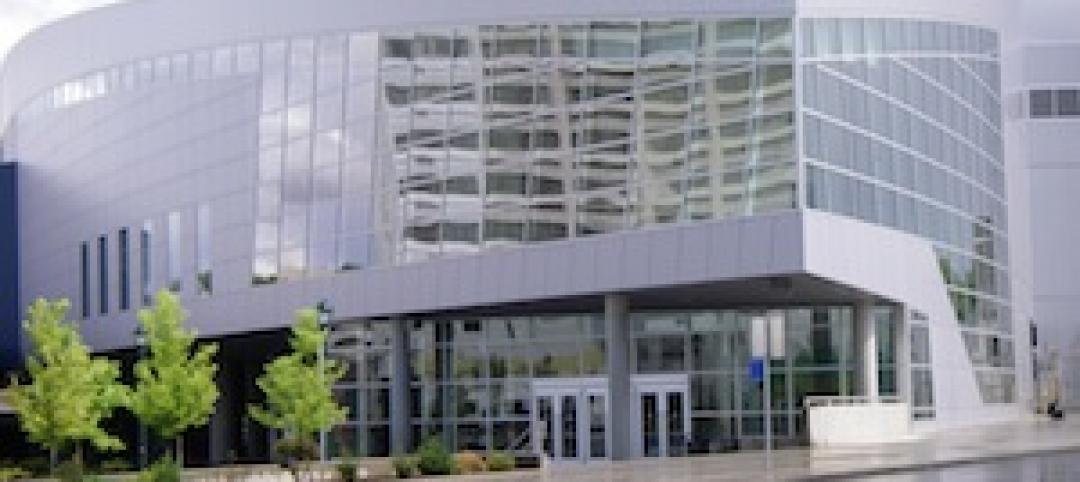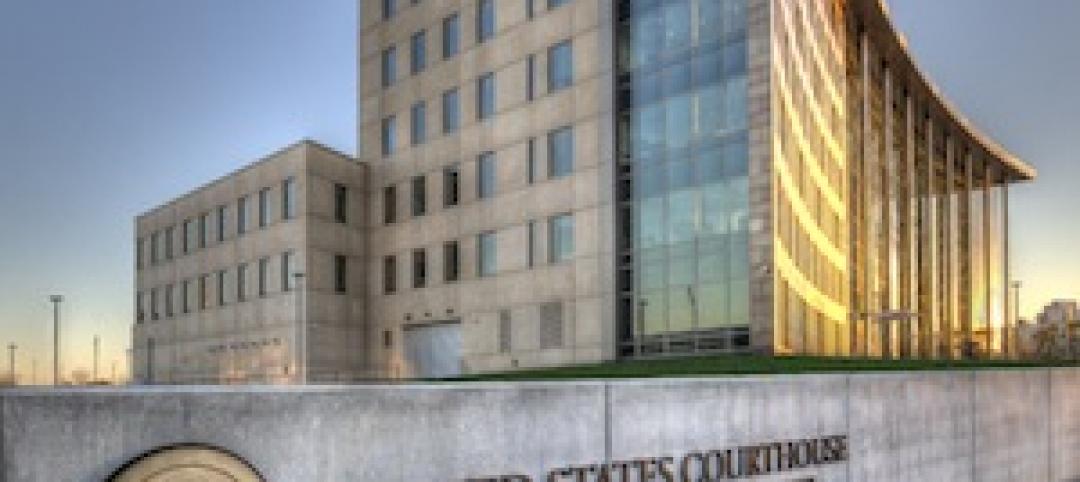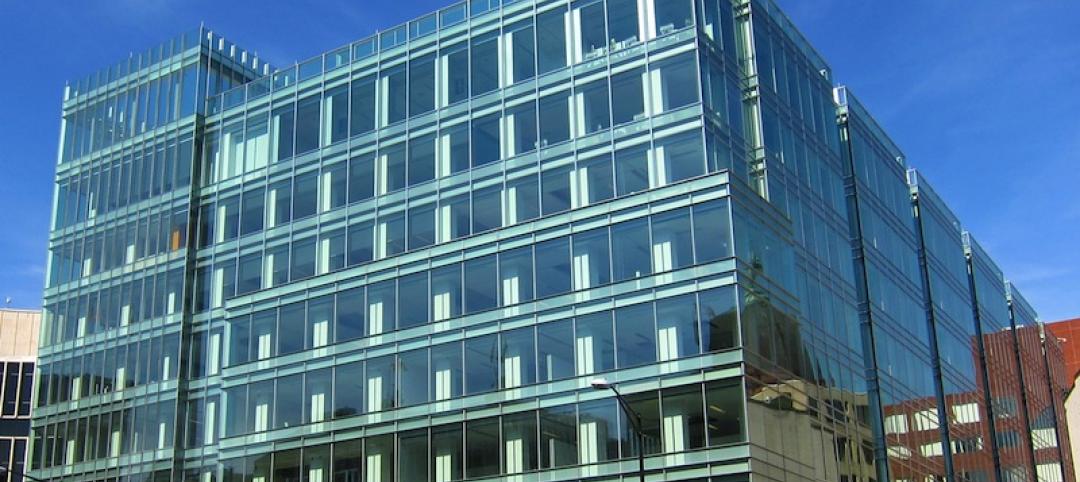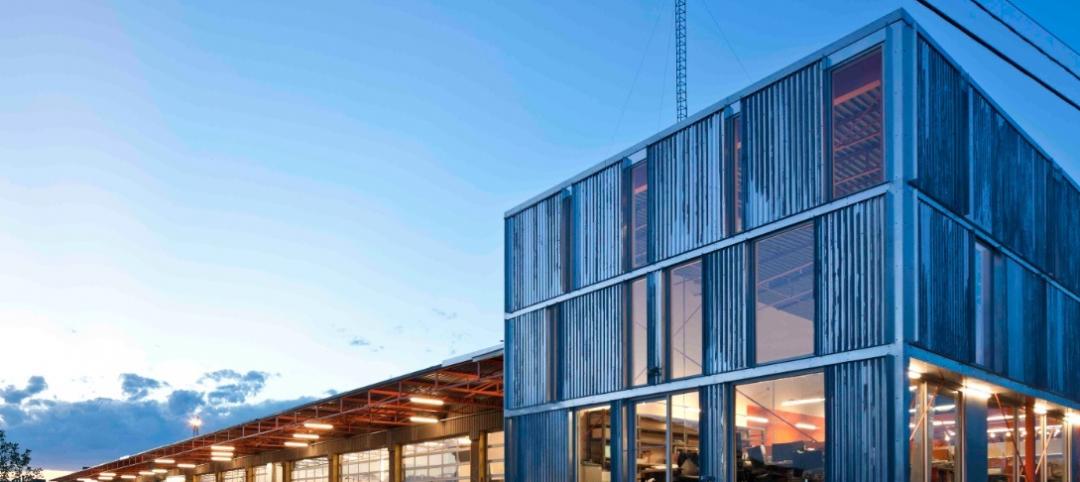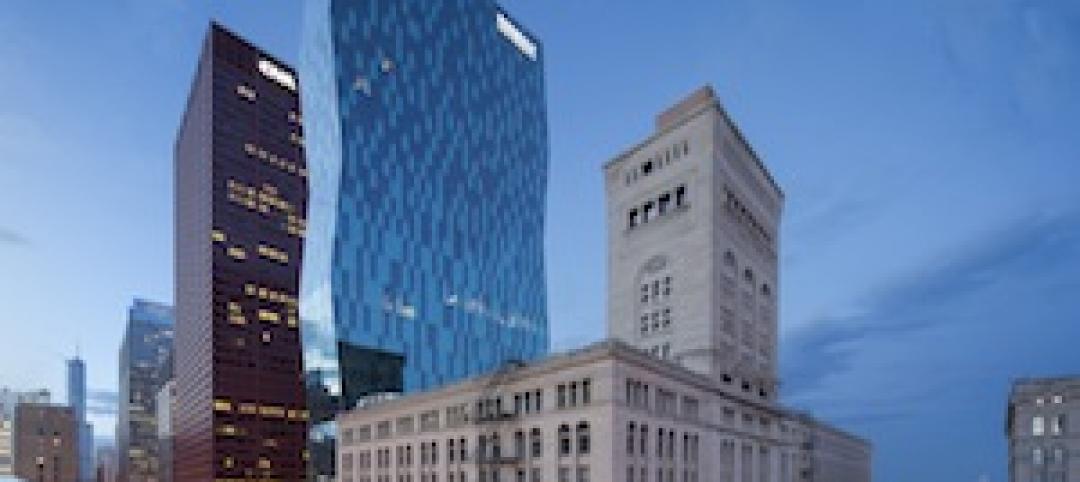In the month since Amazon CEO Jeff Bezos announced plans for a $5 billion development that would serve as the e-commerce giant’s second headquarters, cities and regional economic development organizations (EGOs) across the country have been tripping over themselves in an effort to woo the world’s third-largest tech company.
In using an open RFP process with a tight timeline (just six weeks from the Sept. 7 reveal date), Amazon created a frenzied, almost hackathon-like atmosphere that it hoped would spark next-level creativity when it comes to urban redevelopment and incentives for corporate businesses. Amazon’s RFP process downplays the backroom dealings common with massive economic development opportunities like this, in favor of a more inclusive “show us what you got” approach.
And show us they did. As of mid-October, more than 50 cities and development groups had responded to Amazon’s RFP. The proposals range from impressive to outright wild. Noteworthy examples:
Dallas: a transit-oriented development for HQ2 adjacent to a proposed bullet train station. The $15 billion train line would shuttle passengers to and from Houston.
Phoenix: adapt a 1950s retail mall (the city’s first mall), which currently houses a few restaurants, offices, and a data center.
Frisco, Texas, is offering to build out the remainder of its city—the 62-square-mile Dallas suburb is 60% developed—with Amazon’s HQ as the centerpiece.
Atlanta suburb Stonecrest has promised to devote 345 acres to the corporate campus and rename a portion of the community, “City of Amazon.”
New Jersey has plans for some $7
billion in tax breaks over the next decade.
Don’t get me wrong, HQ2 would be a huge win for any metro market. Amazon says it expects the development to ramp up to include as many as 50,000 jobs.
But the hysteria around Amazon’s open RFP has gone to a new level of absurdity. I’m just waiting for Bezos to announce that he’s purchasing airtime on CNBC for his own version of LeBron’s “The Decision.” “After careful consideration, we decided that we’re going to take our talents to __________.” (Cut to camera on scene, applause erupts.)
It’s safe to say that the majority of the 50+ entrants in the race for HQ2 has a slim chance of winning. But that doesn’t mean there aren’t valuable lessons to glean from the exercise, says Amy Liu, a VP and Director with the Brookings Institution.
“This global firm basically sent a very clear market signal to cities about what matters, and I think they are really scrambling now to make sure they exhibit those assets,” she said. “But after the competition is over, what I want is for cities to not let go of that core message, which is that a strong technical workforce, a livable sustainable community, strong transit, multimodal access, and ultimately a diverse, tolerant community, those are the factors that matter in the long term.”
Related Stories
| Aug 30, 2013
State Government Report [2013 Giants 300 Report]
Stantec, Jacobs, PCL Construction among nation's top state government design and construction firms, according to BD+C's 2013 Giants 300 Report.
| Aug 28, 2013
Federal Government Report [2013 Giants 300 Report]
Building Design+Construction's rankings of the nation's largest federal government design and construction firms, as reported in the 2013 Giants 300 Report.
| Aug 26, 2013
What you missed last week: Architecture billings up again; record year for hotel renovations; nation's most expensive real estate markets
BD+C's roundup of the top construction market news for the week of August 18 includes the latest architecture billings index from AIA and a BOMA study on the nation's most and least expensive commercial real estate markets.
| Aug 23, 2013
5 most (and least) expensive commercial real estate markets
With an average cost per square foot of $16.11, Stamford, Conn., is the most costly U.S. market for commercial real estate, according to a new study by the Building Owners and Managers Association International. New York and San Francisco are also among the nation's priciest markets.
| Aug 22, 2013
Energy-efficient glazing technology [AIA Course]
This course discuses the latest technological advances in glazing, which make possible ever more efficient enclosures with ever greater glazed area.
| Aug 22, 2013
6 visionary strategies for local government projects
Civic projects in Boston, Las Vegas, Austin, and suburban Atlanta show that a ‘big vision’ can also be a spur to neighborhood revitalization. Here are six visionary strategies for local government projects.
| Aug 22, 2013
Warehouse remake: Conversion project turns derelict freight terminal into modern office space [slideshow]
The goal of the Freight development is to attract businesses to an abandoned industrial zone north of downtown Denver.
| Aug 20, 2013
Code amendment in Dallas would limit building exterior reflectivity
The Dallas City Council is expected to vote soon on a proposed code amendment that would limit a building’s exterior reflectivity of “visible light” to 15%.
| Aug 16, 2013
Today's workplace design: Is there room for the introvert?
Increasingly, roaming social networks are praised and hierarchical organizations disparaged, as workplaces mimic the freewheeling vibe of the Internet. Research by Susan Cain indicates that the "openness" pendulum may have swung too far.
| Aug 14, 2013
Green Building Report [2013 Giants 300 Report]
Building Design+Construction's rankings of the nation's largest green design and construction firms.



